$EURUSD #EuroSurge #TrumpTariffs #GlobalTrade #CurrencyWar #EconomicPolicy #CentralBanks #ForexTrading #FinancialMarkets #EconomicImpact #GreeceEconomy
Will Trump’s Policies Propel the Euro to New Heights? Here’s What You Need to Know!
In the wake of recent comments by Greece’s central bank chief, the news surrounding the potential repercussions of U.S. tariffs has fueled speculation in financial circles. The chief’s assertion that “Those who impose tariffs will be hurt first” underscores a significant concern about the immediate effects of such policies on the imposing nations themselves. This statement comes at a time when the world is closely watching the fluctuating dynamics between major currencies, particularly the Euro and the U.S. dollar.
How Tariffs Might Influence the Euro’s Value
The imposition of tariffs can lead to a complex interplay of economic retaliations, which often disrupts normal trade practices and economic relationships. When a powerhouse like the U.S. introduces tariffs, it not only affects the domestic economy but also sends ripples across global markets. Such policies could inadvertently strengthen the Euro against the dollar by destabilizing U.S. trade relationships and increasing the perceived risk among investors.
Potential Economic Repercussions for Europe and Beyond
The broader implications of heightened tariffs involve more than just currency fluctuations; they potentially alter global economic stability. Countries imposing tariffs might experience immediate drawbacks, such as increased costs for consumers and retaliatory tariffs from affected trade partners. For Europe, whose economy is significantly intertwined with that of the U.S., the effects could range from minor shifts in trade balances to major economic disruptions, depending on the severity and scope of the tariffs.
What Experts Are Saying
Financial analysts are closely monitoring the situation, suggesting that the Euro could see an upward trajectory if trade tensions continue to escalate. The uncertainty and potential economic isolation of the U.S. might make the Euro a more attractive option for investors seeking stability. However, it’s crucial to consider that such economic forecasts are inherently speculative and depend on a multitude of evolving factors.
Investor Strategies in Times of Currency Volatility
For investors, understanding the underlying factors that influence currency values is crucial. In times of potential volatility, such as the scenario with the U.S. tariffs, diversifying investments and hedging against risks become paramount. Investors might look into various financial instruments or markets that could provide a buffer against currency risks. For more detailed strategies, visiting financial insights on currency investments can provide deeper analysis and guidance.
Looking Ahead: The Future of the Euro in Global Trade
As the situation unfolds, the future of the Euro will largely depend on the ongoing economic policies of the U.S. and the European response. The interplay of these policies will determine not only the currency strength but also the overall economic health of the regions involved. For continuous updates and expert insights into how these dynamics are playing out in the markets, keeping an eye on financial news platforms is advisable.
Ultimately, the statement by Greece’s central bank chief serves as a reminder of the delicate balance in global trade relations. It highlights the immediate and potentially unintended consequences that tariff policies can have on the economies that implement them. As the global community watches these developments, the impact on the Euro and other major currencies will continue to be a focal point of discussion among policymakers, investors, and analysts alike.

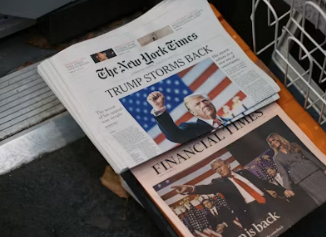
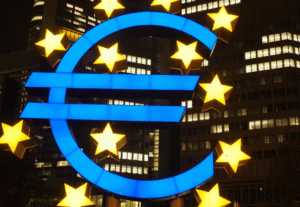

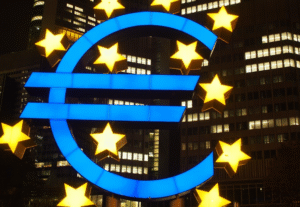
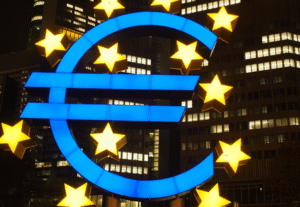
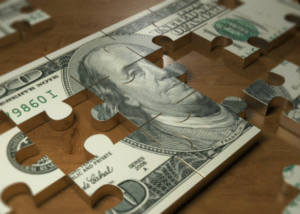
Comments are closed.